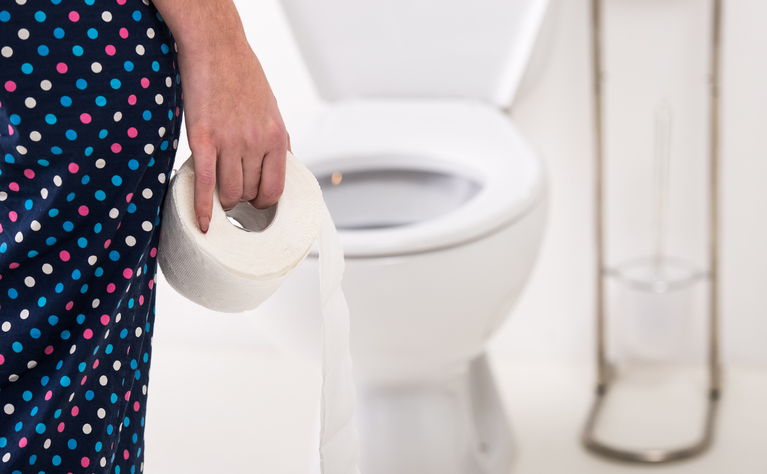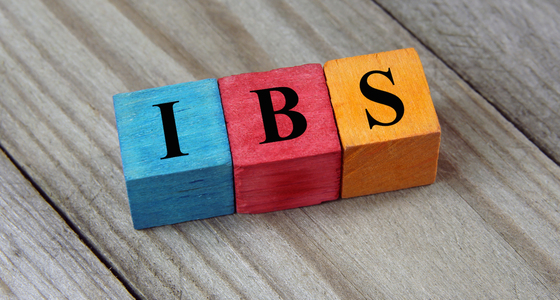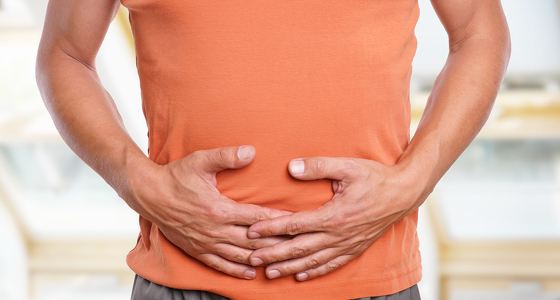
We all produce poo as a by-product of the food we eat. But if you are constipated you have bowel movements less frequently than normal, or passing stool becomes more difficult. When you do poo it can often be hard, dry or lumpy.
It is a common condition that affects most people, of any age, at some point, although some people experience it more frequently and severely than others.
As well as pooing less frequently (the NHS says that if you are going less than 3 times a week you may be constipated) other symptoms of constipation may include:
When you do pass stools they may be large or smaller than normal.
Constipation affects many people and there are a number of different reasons why you could find yourself constipated”¦
Not eating enough foods that contain fibre can cause constipation. Fibre is found in all plant foods including fruit, vegetables, grains, nuts, seeds and legumes. Our guts rely on fibre to create soft, bulky and regular stools. So, if you are experiencing constipation increasing the amount of fibre you are eating could help. Fibre also helps to feed the beneficial bacteria that live in our colon (our microbiome) which can affect our overall health and wellbeing. Make sure you introduce it slowly as suddenly introducing lots of high fibre foods into your diet if you aren’t used to them can cause bloating and gas.
If you have recently changed your diet or daily routine this could cause you to temporarily become constipated. Any changes to diet - whether that’s increasing your fibre or decreasing it - can cause changes to your bowel movements. Make sure you are eating plenty of foods containing fibre and drinking lots of water to get your bowels back to normal.
Not drinking enough can make your poo dry and hard, which can make going to the toilet more difficult. Try to drink lots of fluids throughout the day. Water, herbal teas or diluted fruit juice are best. Caffeinated drinks can cause dehydration which would make your constipation worse.
Exercise can help to speed up the transit of stools passing through the digestive system. So, if you aren’t exercising very much this could cause your digestive system to slow down and you may become constipated.
Thoughts and emotions caused by stress, anxiety and depression can have an effect on your digestive system (think butterflies in your stomach). This could cause either diarrhoea or constipation (or both).
Some medications can cause constipation. Medications which are known to do this include
If your constipation doesn’t ease when you stop taking medications, or you are on any of these medications long-term and have constipation, then speak to your doctor.
IBS often involves abdominal pain and changes in bowel movements. These changes can cause diarrhoea, constipation or a combination of the two at different times.
Some medical conditions can cause you to be more susceptible to constipation. Some of these conditions include: Inflammatory bowel disease (Crohn’s disease and ulcerative colitis), diabetes, hypercalcaemia, underactive thyroid gland (hypothyroidism), muscular dystrophy, multiple sclerosis, Parkinson's disease, spinal cord injury, anal fissure, bowel cancer
Whether you can stop or prevent your constipation will depend on what the cause of the constipation is. Below are some things that you could try, but it’s important that you speak to your doctor if you have frequent bouts of constipation.
Add more fibre into your diet to make your stools softer. Opt for fresh fruit, vegetables and cereals over highly processed ‘junk’ food.
Introducing more beneficial bacteria into your digestive system can help to keep you more regular. You can do this through taking a probiotic supplement or eating foods high in probiotic bacteria (such as sauerkraut, kimchi, kombucha, sourdough bread, kefir). You should introduce probiotics into your diet slowly to give you digestive system a chance to adjust. The bacteria in your gut likes to feed on fibre, so make sure you are also eating fruit, vegetable, grains, nuts, seeds and legumes too.
Increase the amount of fluid you are drinking to prevent your stools from becoming too dry and hard. Water is the best thing to drink, but herbal teas and diluted juices are also good choices. Try to avoid caffeine (in tea, coffee and energy drinks) as this can cause you to become dehydrated, meaning your stools will become hard.
Exercise can help your digestive system to move stool through your intestines. Even just a daily walk can help.
If you are stressed or anxious this can cause changes in bowel habits. Practising regular mindfulness exercises can help to reduce how stressed or anxious you are feeling. There are lots of apps available which can help guide you, or you can find out more on this page.
A regular toilet routine can help with constipation. Try to sit down on the toilet at the same time every day, even if you don’t need to go, for around 10-15 minutes. This helps your body to relax and realise that this is a time that it can poo if it wants to. Doing this after a meal may be best as eating can stimulate the digestive system.
You could also try putting your feet up on a stool so that your legs are at a 90 degree angle. This position can also help the bowels to open.



